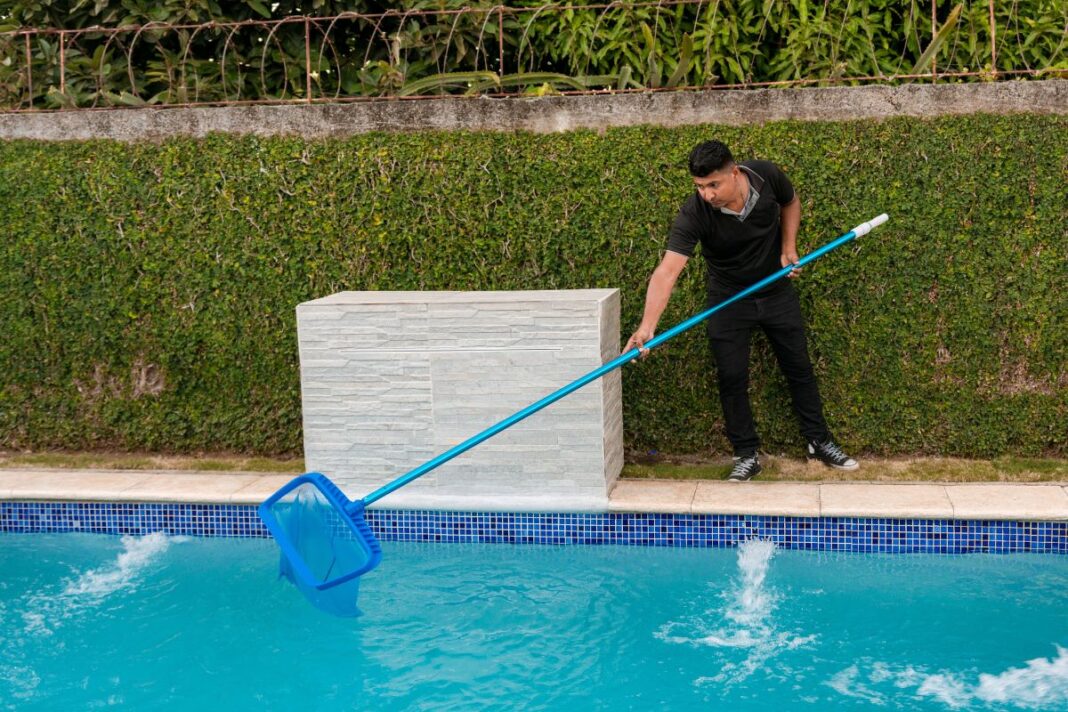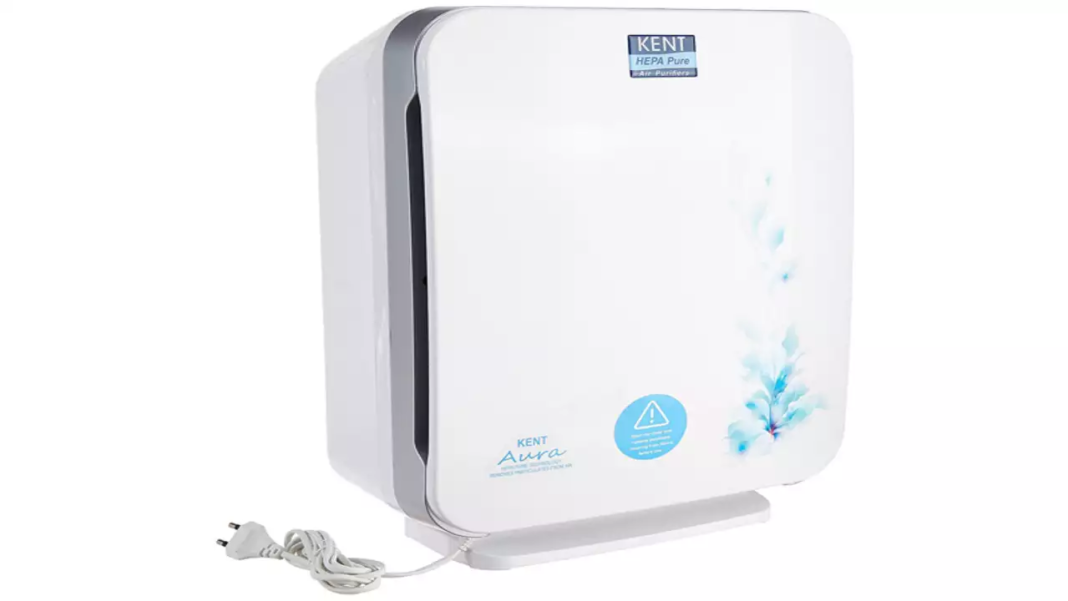Pool maintenance is essential to ensure that the water is clean and safe for users. Proper maintenance not only improves the appearance of the pool but also prevents health problems and prolongs the life of the equipment.
With summer approaching, it is especially important to be diligent with maintenance tasks due to increased usage and high temperatures.
In this article, we will discuss the most common mistakes made during pool maintenance and provide you with practical tips on how to avoid them.
Common mistakes in pool maintenance
Keeping a pool in optimal condition may seem like a simple task, but there are several common mistakes that can compromise the quality of water and the efficiency of the equipment.
Knowing these mistakes is the first step to avoiding them and ensuring a clean and safe pool.
Below, we analyze the most common mistakes and how they can affect the maintenance of your pool.
Incorrect use of chemicals
Incorrect use of chemicals is one of the most common mistakes in pool maintenance. Applying the wrong amount of products such as chlorine, algaecides, or water pH stabilizers can result in unbalanced and potentially dangerous water.
Too much chlorine can irritate skin and eyes, while too little can allow bacteria and algae to grow. It is crucial to follow the manufacturer’s instructions to properly dose chemicals.
Pro Tip: Ensure a clean and safe swimming pool with top-notch water treatment services in Scottsdale, AZ. Expert care, affordable rates, and crystal-clear results. Get a free quote today!
In addition, it is advisable to perform regular water testing to ensure that pH, alkalinity, and chlorine levels remain within recommended ranges. Using quality test kits and measurement tools can help prevent these problems.
Another aspect to consider is the proper storage of chemicals. They should be stored in a cool, dry place, away from direct sunlight and out of reach of children and pets.
Insufficient filter maintenance
The pool filter plays a crucial role in keeping the water clean and clear by removing particles and debris. However, many people do not pay enough attention to filter maintenance, which can lead to filter clogging and reduced efficiency. A dirty filter does not perform its function properly, resulting in cloudy water and health problems.
It is important to clean the filter regularly according to the manufacturer’s recommendations. This may involve rinsing the filter with water or using specific products for cleaning it.
In some cases, it may be necessary to replace the filter if it is too damaged or dirty to be cleaned effectively.
In addition to regular cleaning, it is vital to check the overall condition of the filtration system. Ensuring that there are no leaks and that all parts of the system are in good working order is essential to maintaining water quality and prolonging the life of the equipment.
Ignoring pH and chlorine levels
Ignoring pH and chlorine levels in your pool is another common mistake that can have serious consequences.
- pH measures how acidic or basic water is, and proper pH levels are crucial to chlorine effectiveness and user comfort. An unbalanced pH can cause eye and skin irritation, as well as damage to pool equipment.
- The chlorine level, on the other hand, is critical to keeping the water free of bacteria and algae. A low chlorine level can allow microorganisms to grow, while too high a level can be harmful to the health of bathers.
To avoid problems with pH and chlorine levels, it is recommended that you test your water at least twice a week with an accurate pool test kit and follow the recommendations to adjust levels as needed is key to effective maintenance.
Keeping a record of your tests and adjustments can also help you identify patterns and prevent future problems. We’ve provided a template so you can simply fill out each field and just worry about enjoying yourself.
How to avoid these mistakes in pool maintenance
Avoiding common pool maintenance mistakes is essential to enjoying clean, safe water all summer long. With a few simple, consistent practices, you can prevent problems and keep your pool in tip-top condition.
Correct calibration of chemicals
Using accurate measuring tools and following the manufacturer’s instructions are crucial steps. It is advisable to use a high-quality test kit.
When measuring and adjusting chemical levels, it is important to do so gradually. Adding large amounts of chemicals at once can cause wild fluctuations that are difficult to correct. Making small, consistent adjustments is more effective and safer.
Additionally, it is beneficial to keep a detailed record of chemical testing and adjustments. Not only does this help to identify patterns, but it also facilitates long-term maintenance and allows for a quick response to any problems that may arise.
Regular filter maintenance
Cleaning the filter according to the manufacturer’s recommendations ensures that it operates efficiently and prolongs its life.
Depending on the type of filter, this may include rinsing it, using specific cleaning products, or replacing it periodically.
In addition to cleaning, it is important to regularly check the entire filtration system for leaks, damage, or worn parts.
A good preventive program can prevent major and costly problems in the future.
Constant monitoring of pH and chlorine
Using a reliable test kit that accurately measures these levels is essential to make adjustments when necessary.
Maintaining a proper pH and chlorine balance ensures that the water is safe for bathers and prevents problems such as algae and bacteria growth. The pH should be kept between 7.2 and 7.6, while the ideal chlorine level is between 1 and 3 parts per million (ppm).
In addition to regular testing, it is helpful to have a plan of action to adjust pH and chlorine levels quickly. This may include having additional chemicals on hand such as pH increasers and pH reducers and knowing how to use them safely and effectively.
Remember that consistency in monitoring and adjusting these levels is key to a well-maintained pool.
Pro Tip: Get the best water purification system services in Glendale, AZ. Expert installation, maintenance, and affordable solutions for pure, safe water. Contact us today!
Recommended tools and products for pool maintenance
To keep your pool in top condition, it’s essential to have the right tools and products. Some recommended products include high-quality water test kits, water-balancing chemicals, and cleaning equipment such as vacuums and brushes.
Test kits are essential for accurately measuring pH, chlorine, alkalinity, and other crucial water factors. Opting for a digital test kit can offer more accurate and easier-to-interpret readings compared to traditional kits.
In addition to test kits, it is important to have a variety of chemicals on hand, including chlorine, pH regulators, and algaecides. These products help maintain water balance and prevent common problems.
Specific product and brand recommendations like Baeza are also common among pool owners. From brands of test kits to types of chlorine and algaecides.
Benefits of good pool maintenance in summer
Proper pool maintenance during the summer brings multiple benefits. First, it ensures that the water is clean and safe for swimmers, reducing the risk of illness and allergic reactions. Well-balanced and filtered water is essential for a pleasant and worry-free swimming experience.
Additionally, filtration systems, pumps, and other components operate more efficiently and are less likely to fail if properly maintained. This can save significant costs on repairs and replacements in the long run.
Finally, a well-maintained pool improves the aesthetics and value of the property. A pool with crystal-clear, algae-free water is more attractive and provides an ideal recreational space for family and friends. Keeping the pool in top condition can also increase the resale value of the property.
Conclusion: enjoy your pool in summer without problems
In conclusion, avoiding common pool maintenance mistakes and following best practices can ensure you enjoy a clean and safe pool all summer long.
By properly understanding and applying chemical usage, maintaining your filtration system, and regularly monitoring pH and chlorine levels, you can prevent problems and maximize your enjoyment of your pool.
Remembering to use quality tools and products, as well as learning from the experiences of other pool owners, can make maintenance easier and more effective.
With these tips and recommendations, you’ll be well prepared to enjoy your pool to the fullest during the summer and beyond.
Read Other: Choosing the Right Pool Heater: Electric vs. Gas




